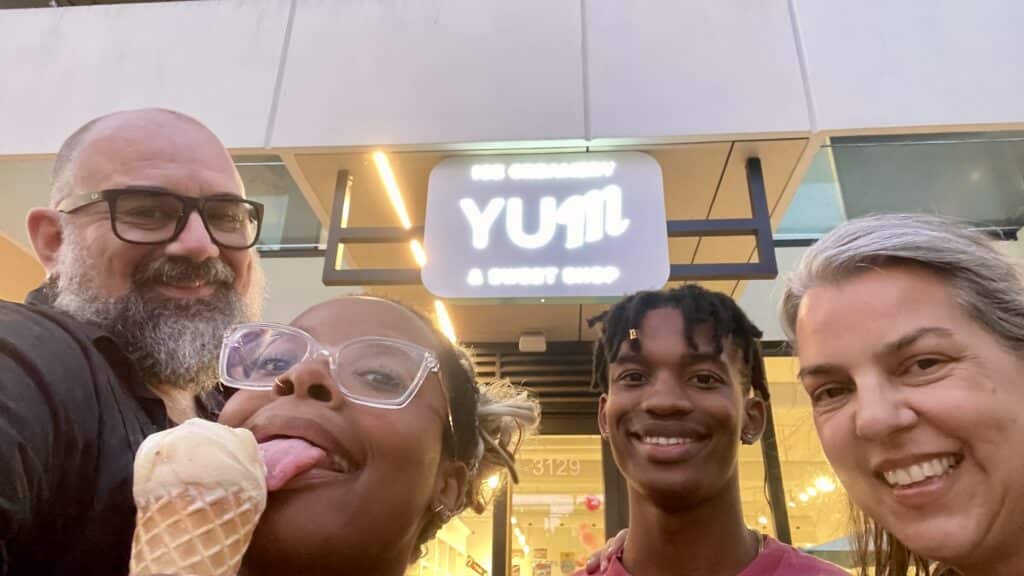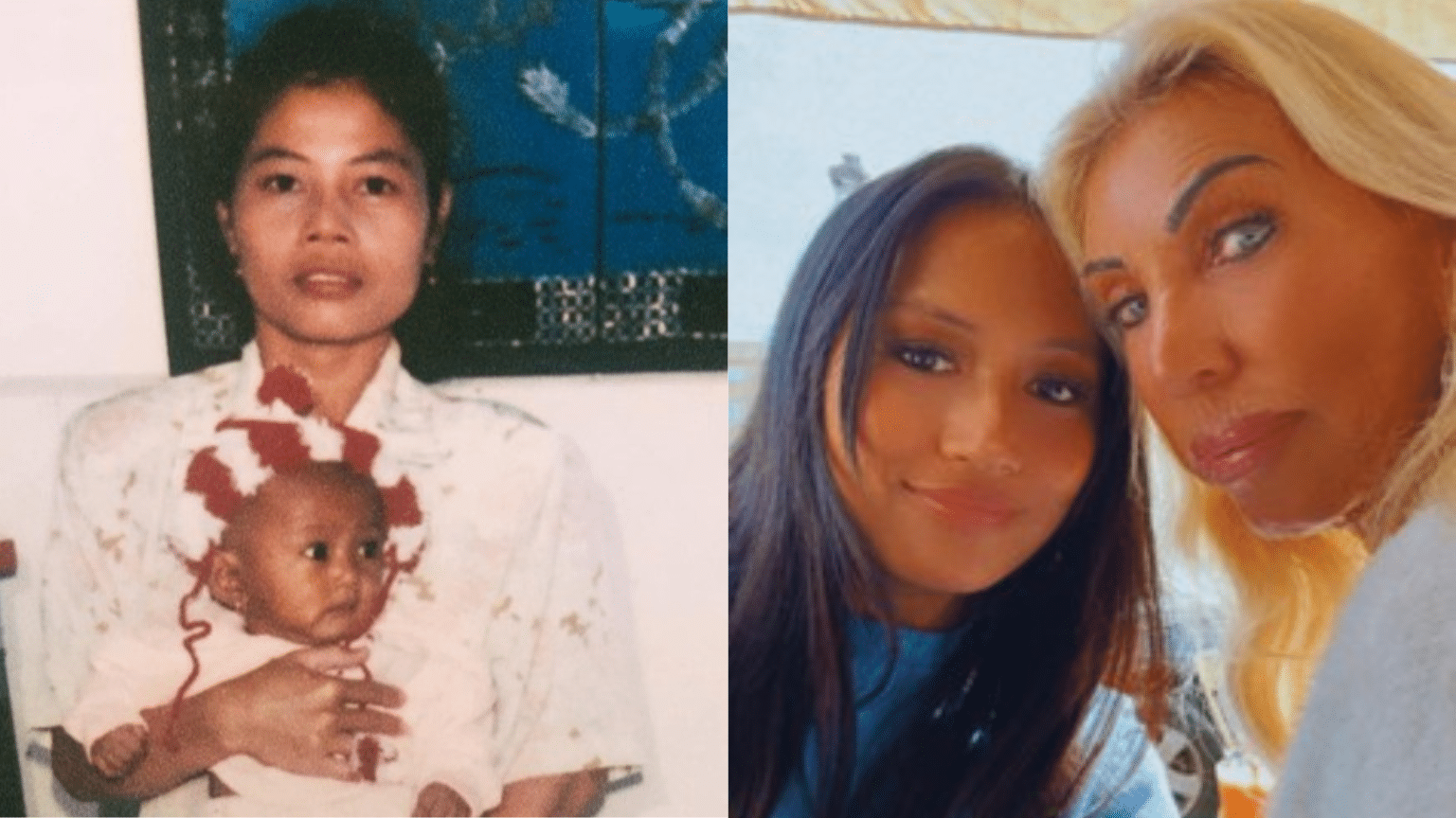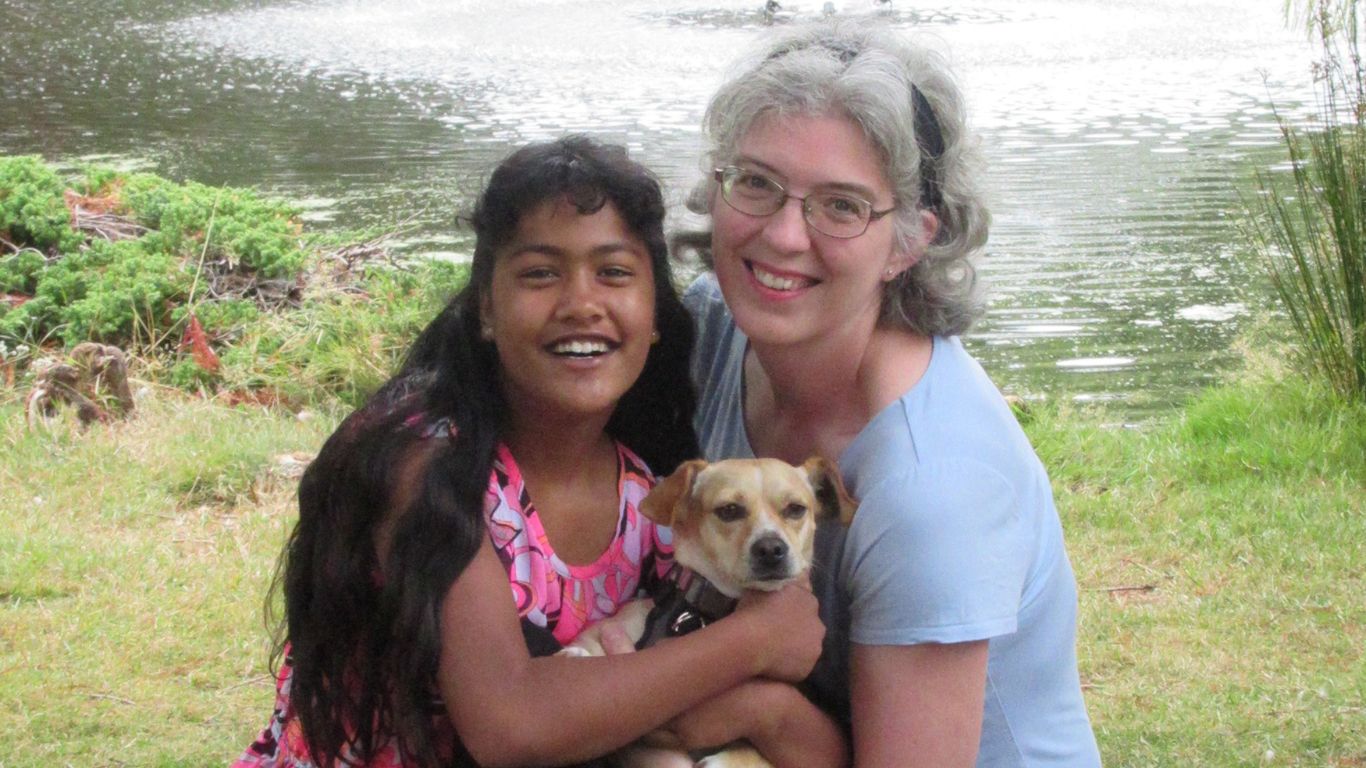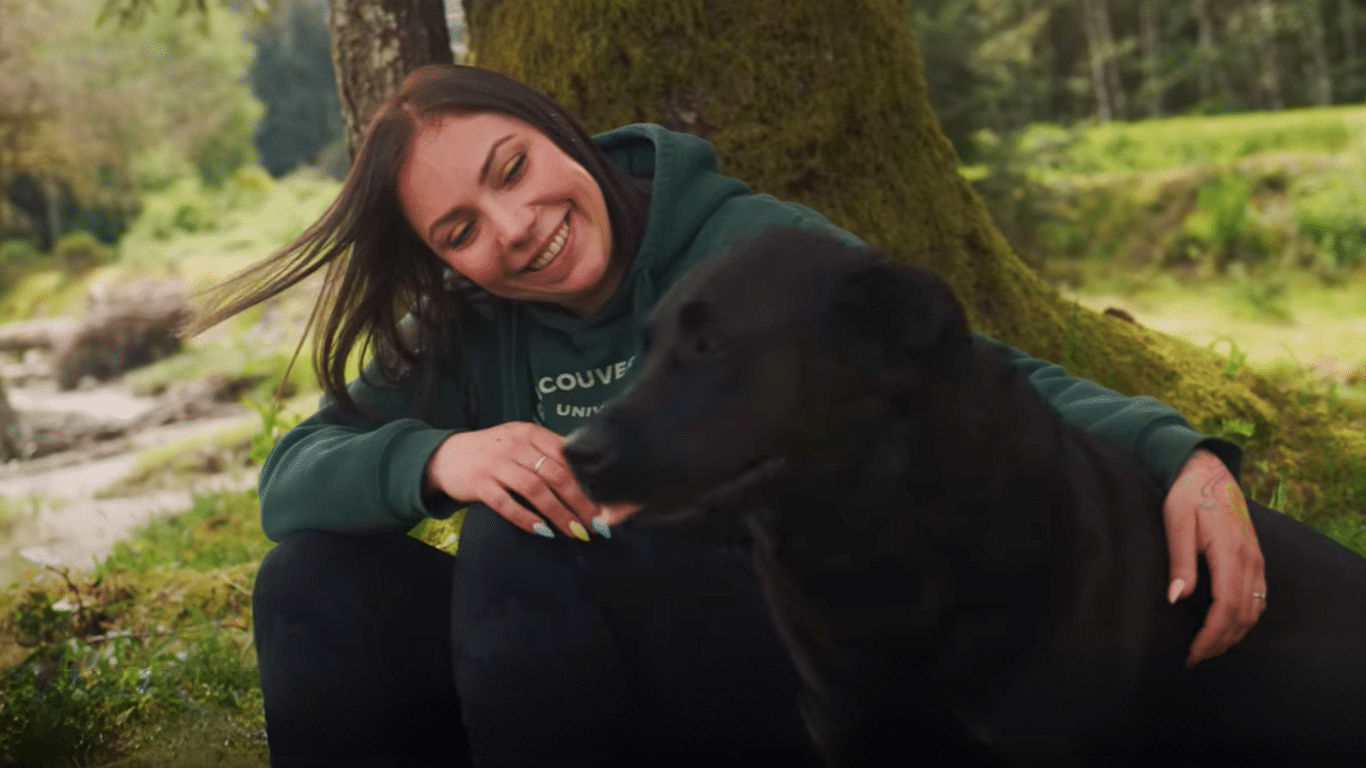Doug and Lonnie are devoted parents to their beautiful, healthy two-year-old son, Nathan. There must have been times, when they first adopted Nathan as an extremely premature and very ill baby from a hospital in Chicago, when it was hard to imagine that they would celebrate a relaxing Christmas with their little son.
Doug and Lonnie had completed their home study process in BC in 2000 with Family Services of Greater Vancouver and had been working with Adoption Link in Chicago for quite a few months when they received the call about Nathan. Two previous proposals had not worked out. When a very premature but apparently healthy baby was proposed, they eagerly accepted and made arrangements to take leave from work and to embark on the long train journey from Vancouver to Chicago.
When they met Nathan on January 13, 2002, he instantly changed their lives. They were shocked at how small he was — he weighed in at three pounds. Their pictures of him show a tiny little child held in seemingly enormous hands.
Although Doug and Lonnie were told that Nathan had probably not been exposed to drugs and alcohol prenatally and that his birth mother had health insurance, they were not prepared for the many health risks that come with prematurity.
When they arrived at the hospital, they were told that Nathan had a heart murmur, that medical tests such as those for HIV and other infectious diseases had not been done and that he needed to have a brain scan to find out if his brain was bleeding, something which could cause permanent brain damage.
Doug and Lonnie discussed the situation, decided Nathan was their son, and that they were absolutely committed to caring for him, whatever the future held. They decided they would both stay at the hospital around the clock until they could take their baby home. This turned out to be over a month later.
After an anxious waiting period, Nathan’s test results were good and it became a matter of getting him to a weight and a level of health where he could be released from hospital and finally fly home.
Doug and Lonnie gradually took over Nathan’s care at the hospital, staying over 12 hours a day, administering his drugs, giving respite to the busy nurses and quickly becoming known in the hospital. They established relationships with some of the African-American nurses and clerical staff at the hospital — which continue today — that Lonnie and Doug hope will be valuable to Nathan in connecting him with his heritage and the story of his first days after birth. Most of the staff had never known a two-dad family, but by the end of their stay, the staff was extremely supportive, spending their time off helping Doug and Lonnie find their way around Chicago, throwing them a big leaving party and keeping in touch with them after they returned to BC.
When Nathan was cleared by the hospital to fly home on Valentine’s Day, 2002, the new family boarded a plane. By this time they were used to caring for Nathan, but were still nervous about leaving the hospital, where they could get the help of a nurse or doctor if they needed it. Nathan was still very small and would regularly stop breathing because of the medication he was on. Soon after the plane took off, Nathan aspirated and then stopped breathing. Doug and Lonnie realized their son would soon die if they didn’t take extreme measures.
They alerted the cabin crew and the plane began to descend. Luckily, there was an emergency doctor on board who, after several unsuccessful attempts at finding a vein in his small body — he still has scars from the experience — managed to get Nathan breathing again. The plane landed in Billings, Montana, and Nathan was rushed to hospital. Doug and Lonnie will be forever grateful to the crew of the Canadian Airlines plane and to the doctor who saved Nathan’s life.
After a two-day stay in Montana, where Nathan showed his usual resilience, they were picked up by Doug’s family and driven to Regina, where they stayed for a week to rest before driving back home to BC.
There were many things that helped Doug and Lonnie through their experience. They were lucky enough to stay at Ronald Macdonald House in Chicago at a cost of only five dollars per day and to arrange with their supportive employers to take additional time off work. The medical insurance also proved invaluable, as the bills for Nathan’s medical care in Chicago added up to over $220,000! They were also able to have the bills for Nathan’s medical care in Montana covered by insurance.
Doug and Lonnie say that the things that helped them deal with their difficult circumstances were their decisions to take time off work and to stay in Chicago together to look after Nathan. They agree that handling the situation alone would have been much too stressful for one person. They also feel that it helped that they communicate well and always discuss issues as they come up. They always spent time discussing the medical information they were presented with and feel this really helped them to make sense of things and allay their fears. Both men have a wonderful sense of humor and the easy, relaxed communication style that comes from having a strong relationship.
They say they felt pressured by the adoption agency in Chicago to accept the proposal quickly — they were only given two hours to make a decision — and wish they had had time to understand the medical issues involved with prematurity. However, they believe their experience has strengthened them as individuals and as a couple. As Nathan is so healthy and developmentally normal now — he has been discharged from the Infant Development Program — they would like to encourage others to consider adopting a premature infant. When you see them as a family, it’s obvious how much they were meant to be together and very clear that they wouldn’t change a thing.
Doug and Lonnie are the kind of people who are capable of really changing people’s ideas of family. I would challenge anyone with prejudices about the abilities of a gay male couple to raise a child in a loving, healthy environment to continue with these beliefs after meeting them. Their level of commitment under such difficult and immensely stressful circumstances is hard for most of us to imagine. After hearing their story, I would say they have already changed the perspectives of many and will continue to do so.





